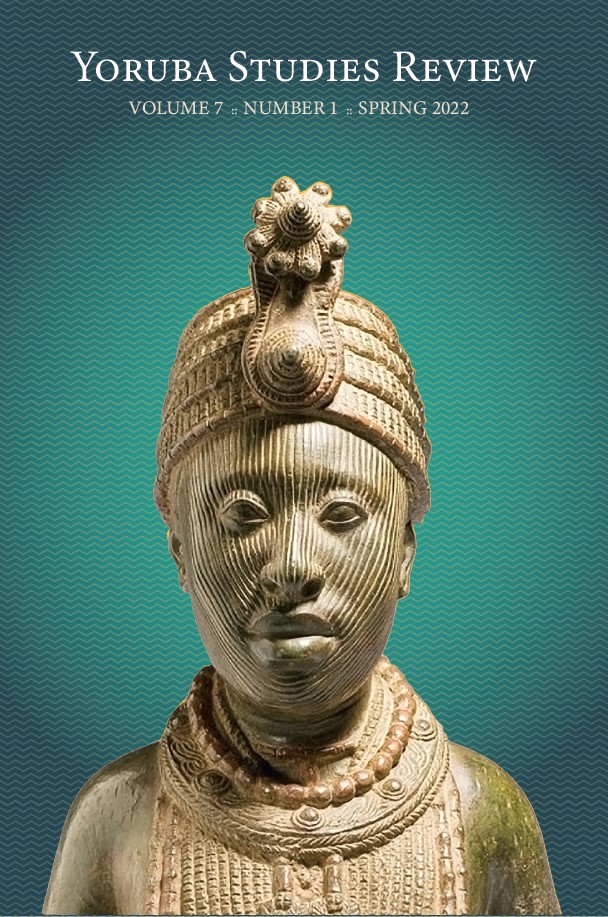Abstract
This article engages song melody and speech tone conflict in translated Yorùbá Christian hymns between the late 19th and early 20th century. In their effort to make early Yorùbá Christian converts sing Christian hymns in the church, European missionaries translated English hymns to Yoruba, and sang them to the original European hymn tunes. Yorùbá being a tone language, requires a significant level of correlation between song melody and speech tone, for the words to retain their original meaning when sung. The tripartite constraint of aligning melody, meter, as well as meaning, posed a major problem to the hymn translators. Having given priority to melody and metre, the translators therefore, tend to compromise on meaning, thereby producing Yorùbá hymns that will sound interesting melodically, and correlate metrically with the metre, but producing hardly meaningful words when sung. This study utilized samples from Iwe Orin Mimo, being the Yorùbá translation of a range of hymns in Hymnal Companion, Hymns Ancient and Modern, and some other hymn books popularly used by the Church Missionary Society (CMS). The work presents a graphical illustration of the disparity between the hymn tunes and the speech tone of the Yorùbá language. It also highlights the efforts of Indigenous composers in correcting the perceived error through re-composition of the first stanza of selected hymns, to which they wrote more stanzas that align with the theme of the first stanza. The inappropriately translated Yorùbá hymn books have remained strong institutions within the church and have therefore, continued to promote the use of the translated hymns in the Yoruba church.

This work is licensed under a Creative Commons Attribution-NonCommercial 4.0 International License.
Copyright (c) 2022 Tolulope Owoaje , Tunde Adegbola
